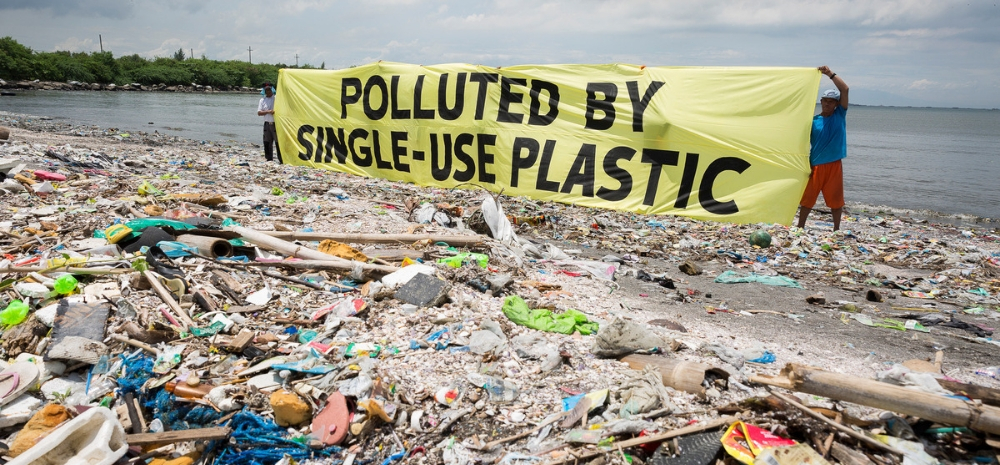Plastic Eating Bacteria Discovered In Greater Noida Wetlands; Can It End Plastic Pollution?

Disposing plastic has been one of the biggest problems the world is facing right now. But there seems to be a new solution for this problem – a type of bacteria that eats plastic!
Yes, researchers have discovered a new type of bacteria that eats plastic and is capable of degrading the material as well.
Many of us are not aware of it, but India consumes as much as 16.5 million metric tonnes of plastic on a yearly basis. The Indian Government is pulling all stops to reduce the usage of plastic in this country, and has already banned single-use plastic.
Find out all about this newly discovered bacteria, and how it will help the humankind get rid of the poisonous material right here!
Researchers Discover A Bacteria That Eats Plastic In Greater Noida
Researchers at the Shiv Nadar University in Greater Noida, Uttar Pradesh, have discovered two strains of bacteria that eat plastic. They isolated this bacteria at the wetlands of Greater Noida, adjacent to the university.
These bacteria are named Exiguobacterium sibiricum strain DR11 and Exiguobacterium undae strain DR14. As per reports, these bacteria are capable of destroying polystyrene, which is the one major component in single use plastic.
Richa Priyadarshini, Associate Professor at Shiv Nadar University, Greater Noida said, “Our data support the fact that strains of extremophile bacterium Exiguobacterium are capable of degrading polystyrene and can be further used to mitigate the environmental pollution caused by plastics.”
Non-Biodegradable Polystyrene: Here’s Why Its Bad
Polystyrene is majorly used in single usage plastic products, such as disposable cups, cutlery, toys, packaging materials.
Polystyrene does not degrade quickly, and that is because of its high molecular weight and long chain polymer structure.
Not only does India consumes 16.5 million metric tonnes of plastic annually, but the plastic industry manufactures about 14 million tonnes of polystyrene, as revealed by the All India Plastic Manufacturers Association (AIPMA).
Both terrestrial and marine life are affected by this non-biodegradable polystyrene. In simple terms, a plastic fork can take as much as 450 years or more to decompose.
The Indian Government is striving hard and taking all efforts to curb the usage of plastic throughout the country, and has already imposed a ban on the use of single use plastic in India already.
We’ll keep you informed as we get more updates!

Comments are closed, but trackbacks and pingbacks are open.